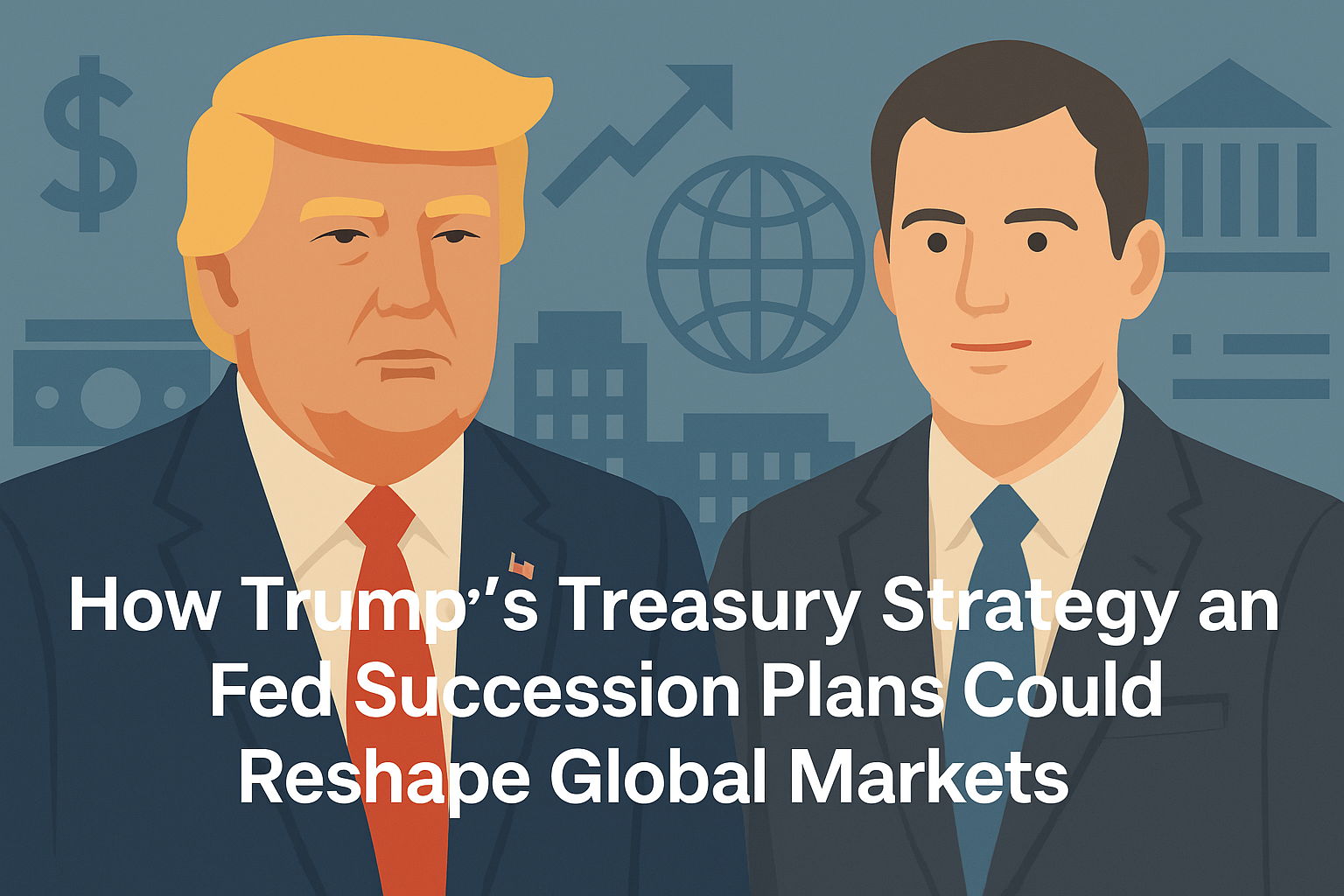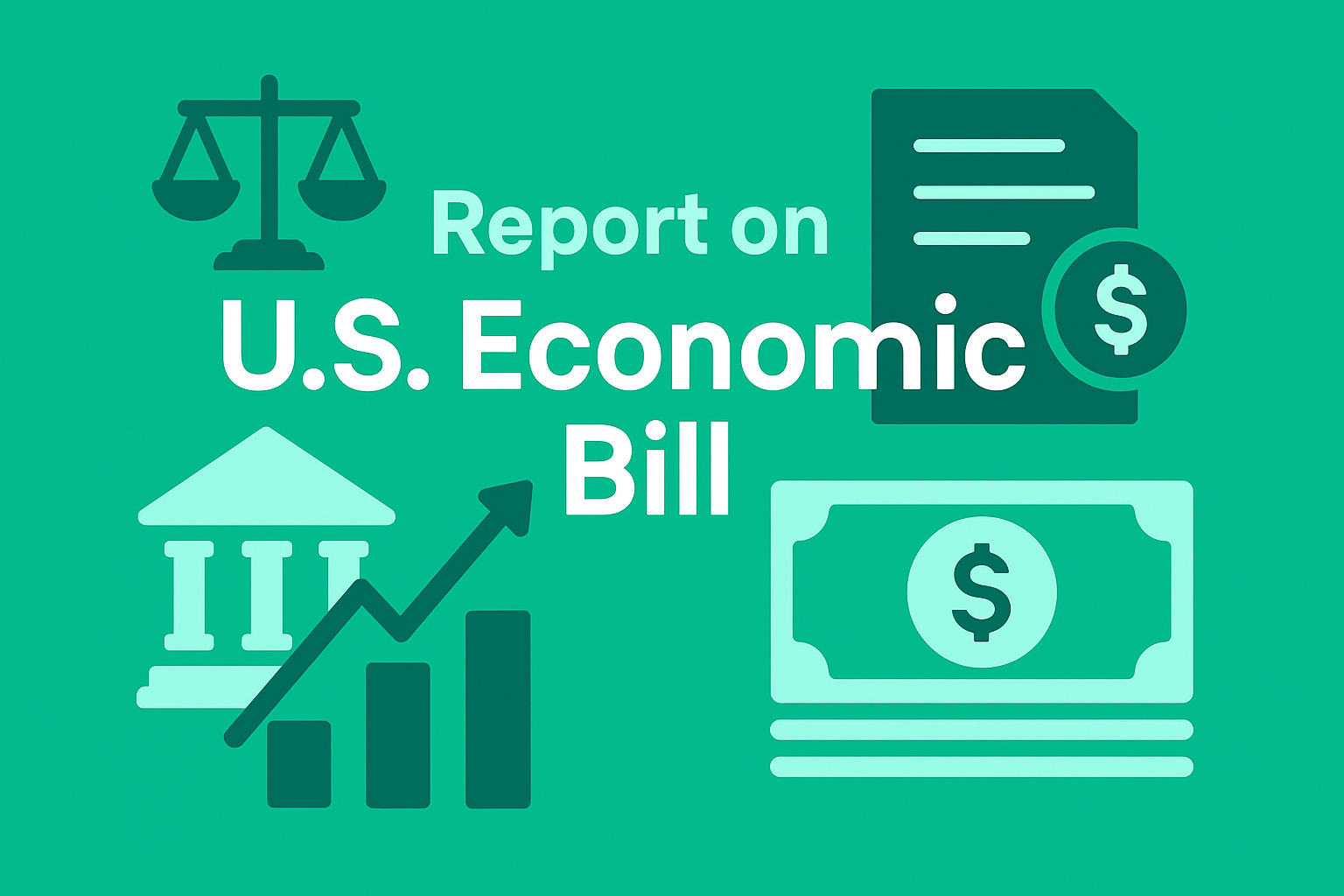Introduction
As Donald Trump gears up for a potential second term in office, the trajectory of U.S. economic policy is poised for a major shift. Central to this strategic reorientation is Scott Bessent, a seasoned investor and former chief strategist to George Soros, now appointed Treasury Secretary. This report analyzes how Trump’s broader economic strategy, combined with Bessent’s technocratic influence, will affect U.S. monetary leadership, global market sentiment, and investor expectations.
Trump’s Core Economic Strategy
Trump’s policy framework is built around three pillars:
- America First Protectionism: Aggressive tariffs, domestic manufacturing incentives, and energy independence.
- Pro-Growth Monetary Bias: A preference for low interest rates and accommodating Federal Reserve policy.
- Fiscal Expansion: Increased defense and infrastructure spending, despite potential deficit risks.
While these policies are likely to stimulate short-term growth, they pose long-term challenges in the form of fiscal slippage and inflationary pressures.
The Role and Profile of Treasury Secretary Scott Bessent
Scott Bessent brings a rare combination of market insight and public-sector influence. Unlike past Trump-era treasury appointments, Bessent is seen as both market-savvy and politically pragmatic.
Market Credibility and Signaling Power
Bessent has significant clout on Wall Street. His appointment is widely perceived as a market-stabilizing move, counterbalancing Trump’s more populist tendencies.
The “3-3-3 Strategy”
Bessent has publicly outlined a policy goal known as “3-3-3”:
- Reduce the federal deficit to 3% of GDP
- Raise real GDP growth to 3%
- Increase U.S. energy production by 3 million barrels per day
This framework aims to reconcile pro-growth policy with fiscal discipline.
The Powell Succession Question
Bessent’s Approach to Fed Leadership
Bessent is expected to begin interviews for Powell’s successor in late 2025, ahead of Powell’s term ending in May 2026. He initially floated the idea of appointing a “shadow Fed chair” to signal policy shifts early, but later walked back this controversial proposal.
Potential Candidates
- Kevin Warsh – Former Fed Governor; hawkish and critical of QE
- Christopher Waller – Current Fed Governor; moderate and data-driven
- Bessent himself – A wildcard, but credible due to market background
Each reflects a different balance of independence, market trust, and political alignment.
Global Market Implications
Impact on the U.S. Dollar and Treasury Market
A more hawkish Fed under a Trump-aligned successor could strengthen the dollar and attract short-term capital inflows. However, if fiscal expansion remains unchecked, long-term yields may rise due to deficit concerns.
Emerging Market Exposure
Rising U.S. rates and a strong dollar could hurt emerging markets that rely on dollar-denominated debt. Investors will closely watch the Fed transition and its implications for EM risk premiums.
Conclusion: Bessent as the Bridge Between Populism and Pragmatism
Scott Bessent is emerging as a crucial stabilizing force within Trump’s economic apparatus. His ability to mediate between Trump’s political base and the institutional requirements of macroeconomic management will shape not only Fed policy, but also global capital flows and monetary stability. The Powell succession, guided by Bessent’s discretion, could be a systemic event for global markets in 2026.
Sources
- Reuters: https://www.reuters.com/world/us/bessent-says-white-house-will-start-interviewing-candidates-next-fed-chair-this-2025-04-14
- Investopedia: https://www.investopedia.com/trump-says-he-won-t-fire-powell-but-he-s-itching-to-replace-him-11730677
- Time: https://time.com/7278723/can-fed-chair-powell-be-fired


